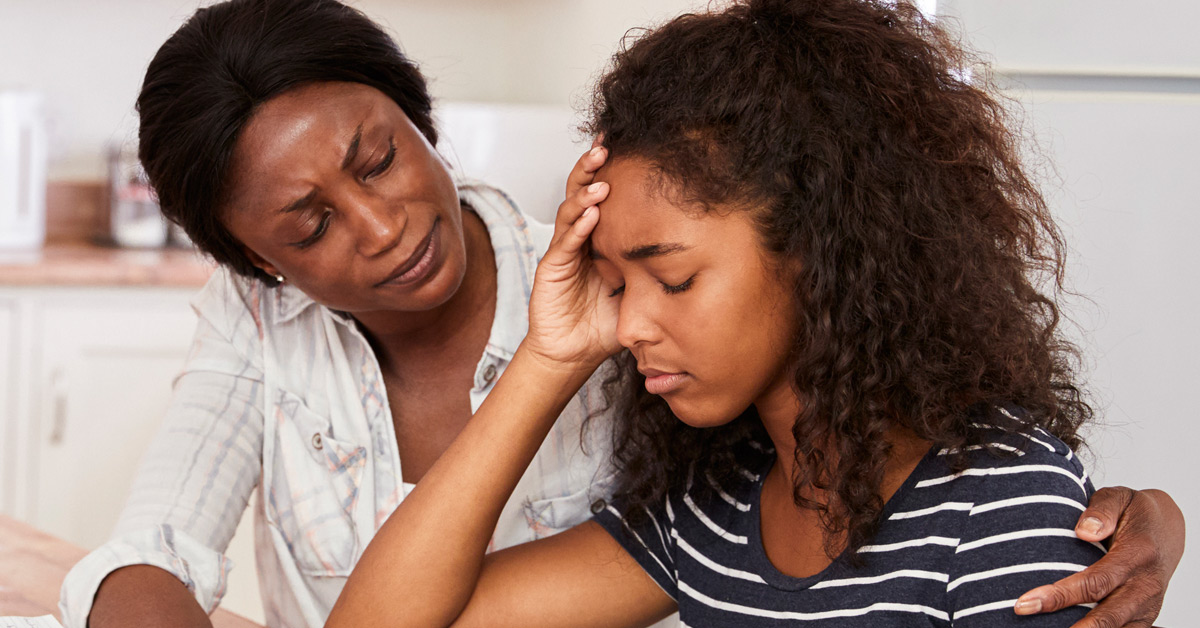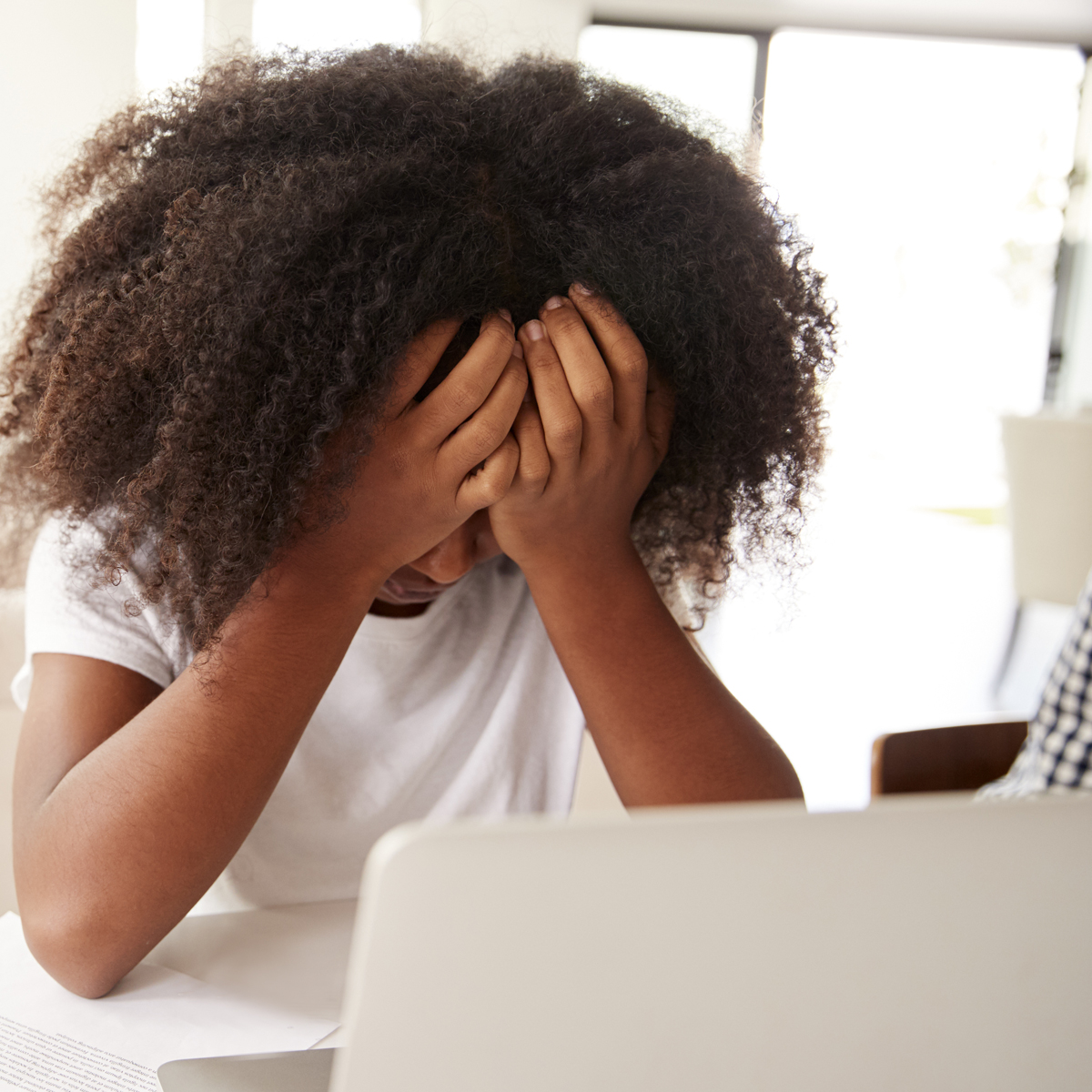
Children exposed to disasters and/or trauma might respond in various emotional and psychological ways. Displacement from the child’s home, community/neighborhood and even worse delayed reunification with parents can add to the child’s stress. During this time parents and other supporting adults are very important as they are most familiar with the child and can respond to the child’s reaction(s). For pre-adolescents and adolescents, peer support and peer engagement also becomes an important support system.
Read the FACT SHEET (PDF 123KB)
[ Source: American Counseling Association ]


